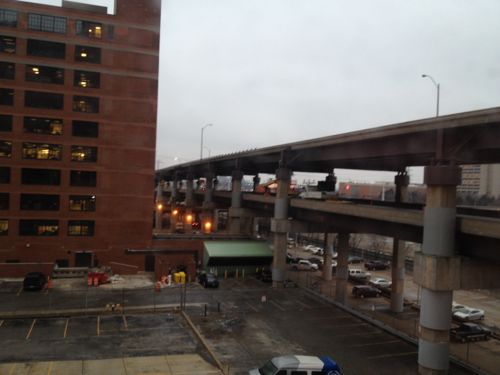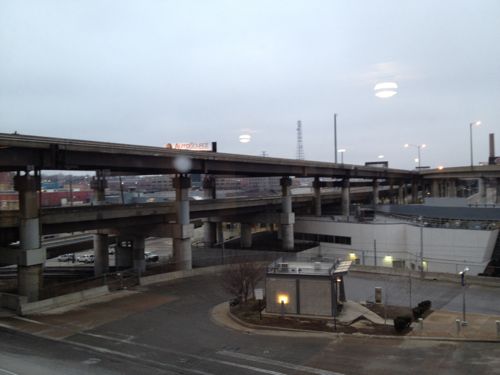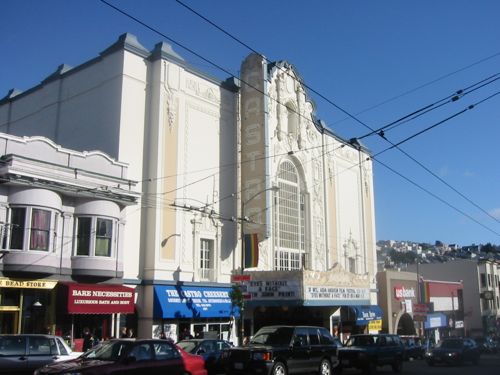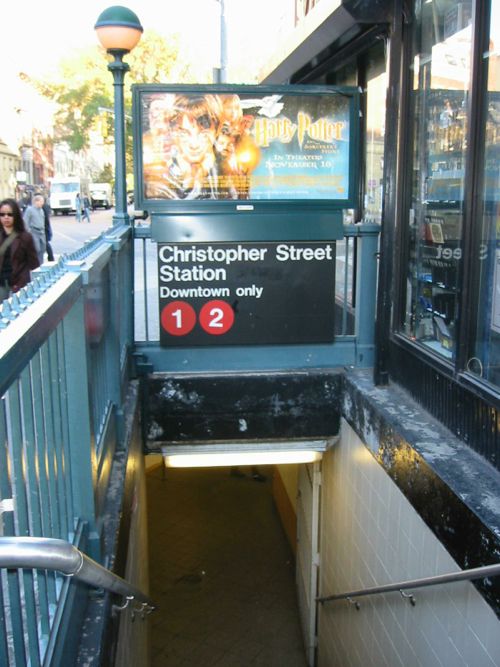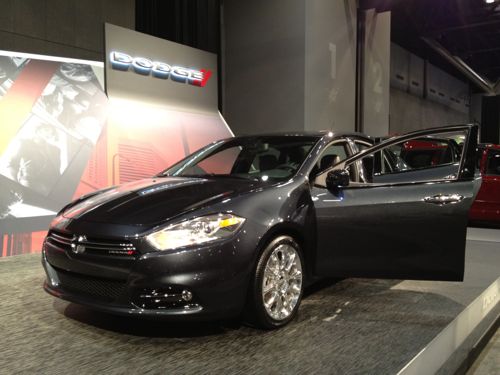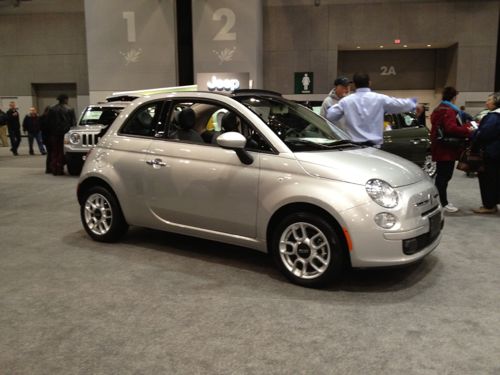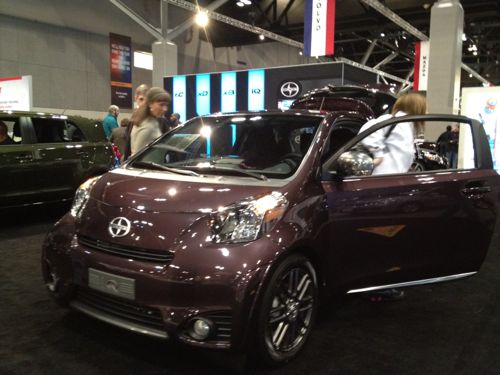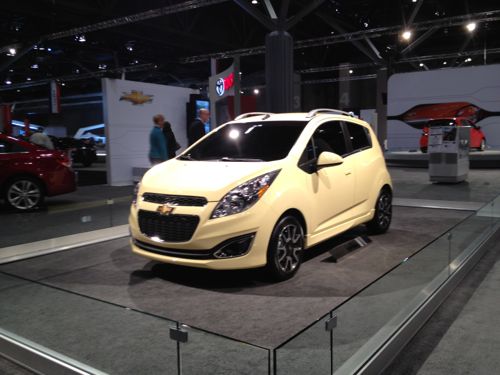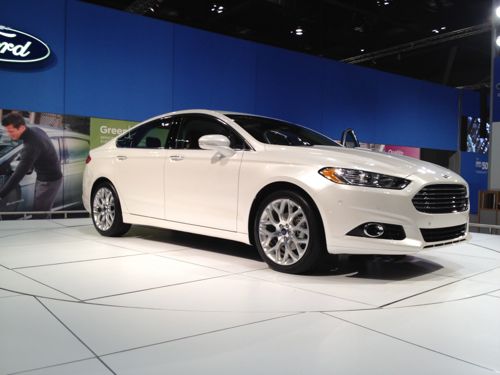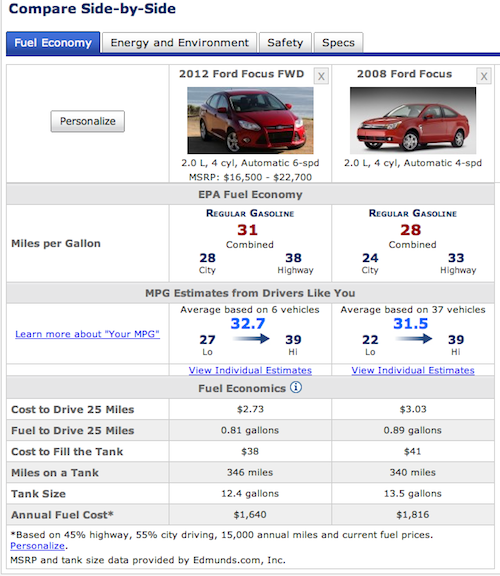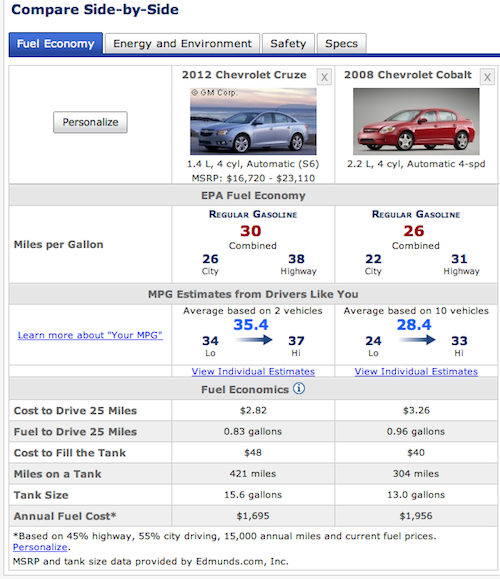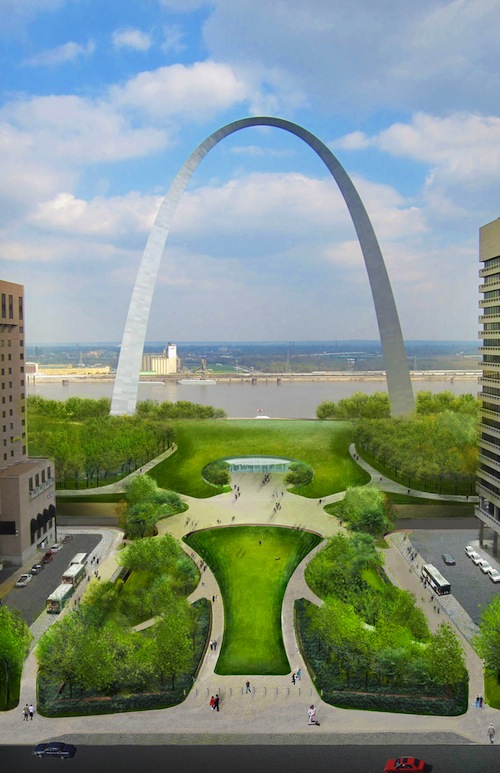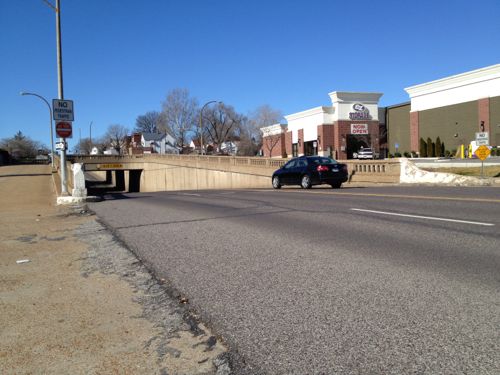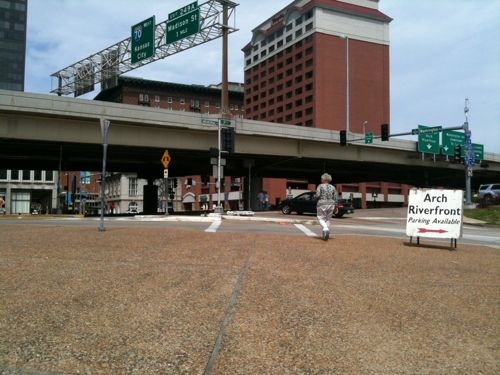Winners of the Laurel Apartment’s Lovin the Lou Contest
 Last night winners were finally announced in the Lovin the Lou contest:
Last night winners were finally announced in the Lovin the Lou contest:
The Laurel Apartments is asking St. Louisans to show them why they love St. Louis in a ‘Lovin the Lou Video Contest’ beginning July 8th. The prize for the most love (and a little creativity and video savvy) is Free Rent For A Year at the Laurel Apartments in Downtown’s Mercantile Exchange District!
Contest Details
The Laurel Apartments will run a city-wide ‘Lovin the Lou’ video contest for an incredible opportunity to live rent-free for one year at The Laurel Apartments in Downtown St. Louis. The winner will also be the featured blogger on the’ Lovin the Lou Blog’ which will chronicle their crazy cool adventures and experiences around their new neighborhood in Downtown St. Louis.
This contest is an effort to identify what makes St. Louis unique and remarkable and to find the next ambassador for St. Louis. The Laurel Apartments is asking St. Louisans to submit a 2-minute video that captures how they are Lovin the Lou!
“We want to showcase the people and character that make St. Louis, especially downtown, a great place to live and work,†said Melissa DeCicco, Marketing Director for Mills Properties, “We know it’s fabulous, but it is time for us to show and tell!â€
I served as one of the judges in the contest, along with Jeff Vines (STL_Style), Bill Streeter (Brick by Chance and Fortune) and developer Amos Harris.  I can tell you it was not easy to pick the final winners, but we did come to agreement:
Grand Prize Winner –  Finding You in the Lou, Ria & husband
httpv://www.youtube.com/watch?v=PSki_EZgzmY
Second Place Winner –  Love in the Lou, Mike & Tabitha
httpv://www.youtube.com/watch?v=7iYowBe_Hnk
Best Use of Music – A Day in the Lou, Dana Kay Goddard
httpv://www.youtube.com/watch?v=khtPX8ZYODI
Best Guest Appearance –  Becky Shows us St. Louis, Becky
httpv://www.youtube.com/watch?v=OwE47VCAUhU
Best Use of Food – Get a Taste of Lee’s Cookies, Lee
httpv://www.youtube.com/watch?v=zSpS5c3DlZ8
Best STL Style –  St. Louis Social Scene, Jessie & Red October in the Lou, The Ropers
httpv://www.youtube.com/watch?v=KobwYGOx0jQ
Fan Favorite – Our Kinda Town, Jenna & Todd
httpv://www.youtube.com/watch?v=G8U7F1VXbrM
Honarable mentions:Â The Real Lou, Shaun
httpv://www.youtube.com/watch?v=tgP-daCfIdo
& Andy Rocks St. Louis, Andy
httpv://www.youtube.com/watch?v=2w8mdquAKLY
The above awards were presented at a bonfire in the center courtyard of the Laurel Apartments last night.
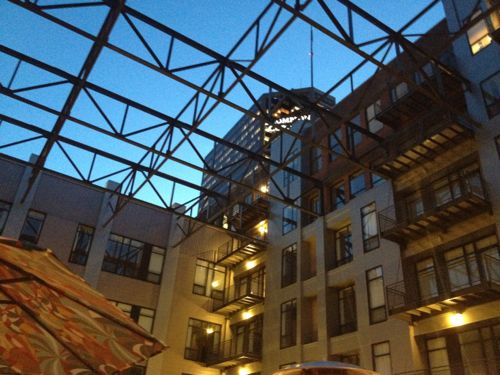
Congrats to all the winners.
– Steve Patterson
